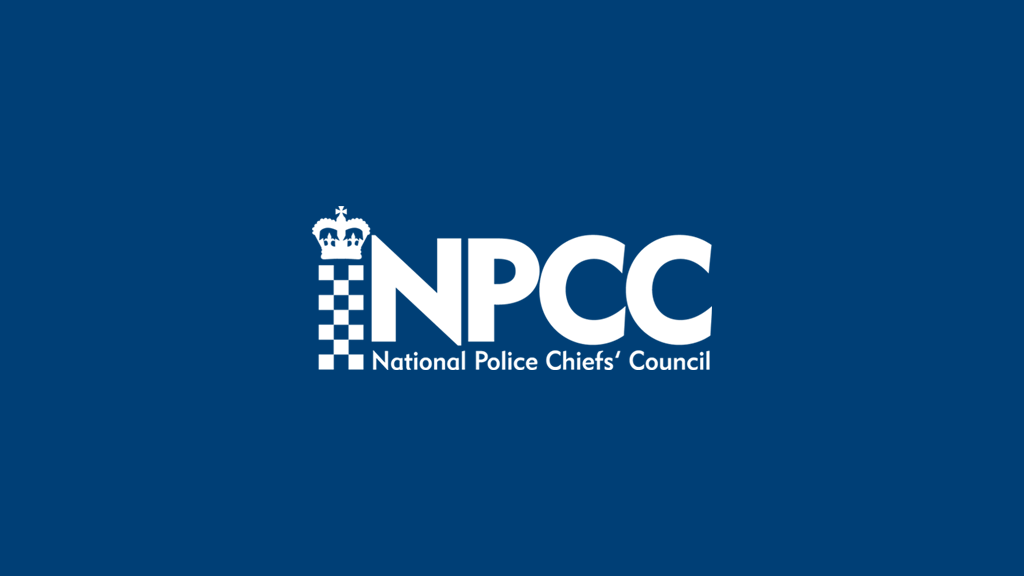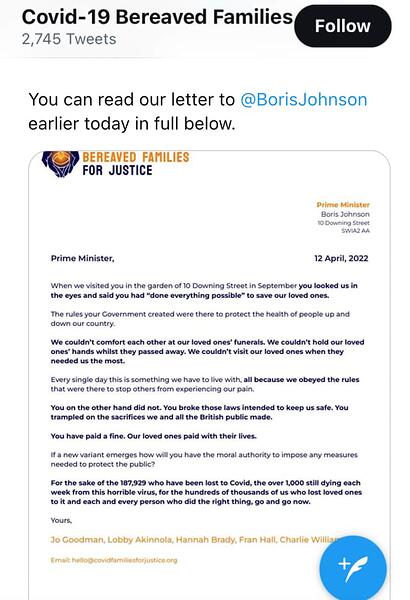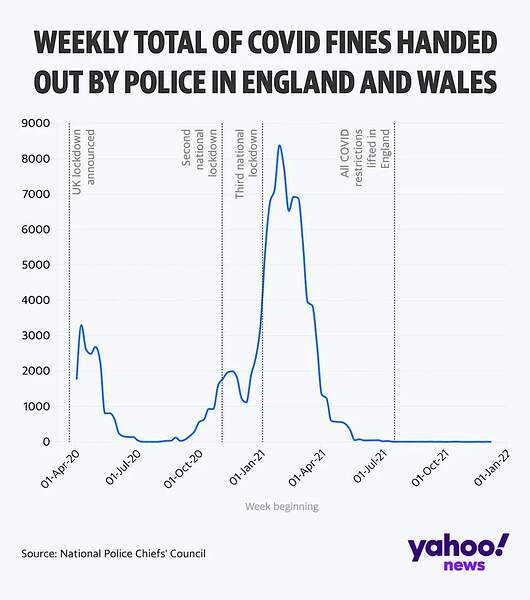Fines would have been issued to people actually caught breaking the rules and arguing with the police. The polices’ job was to disperse people and then if they refused they issued fines.
https://committees.parliament.uk/committee/93/human-rights-joint-committee/news/154842/joint-committee-on-human-rights-every-fixed-penalty-notice-issued-under-coronavirus-regulations-must-be-reviewed/
More than 85,000 fixed penalty notices have been issued to people said to have broken covid-19 laws on restrictions since March 2020. FPNs allow people to pay a penalty instead of facing prosecution and a potential criminal record. Penalties range from £200 for the failure to wear a face covering to £10,000 for organised gatherings offences.
It is possible to tell from penalties that have not been paid and have then progressed through the system towards a prosecution, that a significant number of FPNs are incorrectly issued. A Crown Prosecution Service review of prosecutions brought under coronavirus Regulations that reached open court in February 2021, found that 27 per cent were incorrectly charged. Many more penalties may have been paid by people too intimidated by the prospect of a criminal trial to risk contesting their FPN through a criminal prosecution.
The high rates of error and the disproportionate impact on different groups in society are concerning and the Committee suggests a more graduated approach and consideration of removing these convictions from criminal records.
With no adequate mechanism to seek a review of an FPN other than through a criminal prosecution, the risk that breaches of human rights will not be remedied is significantly increased. The Committee says the current review processes are not clear, consistent or transparent and calls on Government to introduce a means of challenging FPNs by way of administrative review or appeal.
Regulations related to coronavirus restrictions have changed at least 65 times since March 2020, providing obvious challenges for police. Far more must be done by Government and police to ensure officers understand the Regulations they are asked to enforce, says the report. This is crucial to ensure there is no punishment without law (Article 7, ECHR) and no unjustified interference with an individual’s right to family and private live (Article 8, ECHR). The Committee calls on the National Police Chiefs Council to undertake a review to understand why police are issuing so many incorrect FPNs and to take steps to correct this.
However, in respect of offences relating to potentially infectious persons under the Coronavirus Act 2020, which hasn’t changed since March 2020, the Committee’s report says it is ‘astonishing’ that the Coronavirus Act is still being misunderstood and wrongly applied by police to such an extent that every single criminal charge brought under the Act has been brought incorrectly. The Committee says there is no reason for such mistakes to continue.














